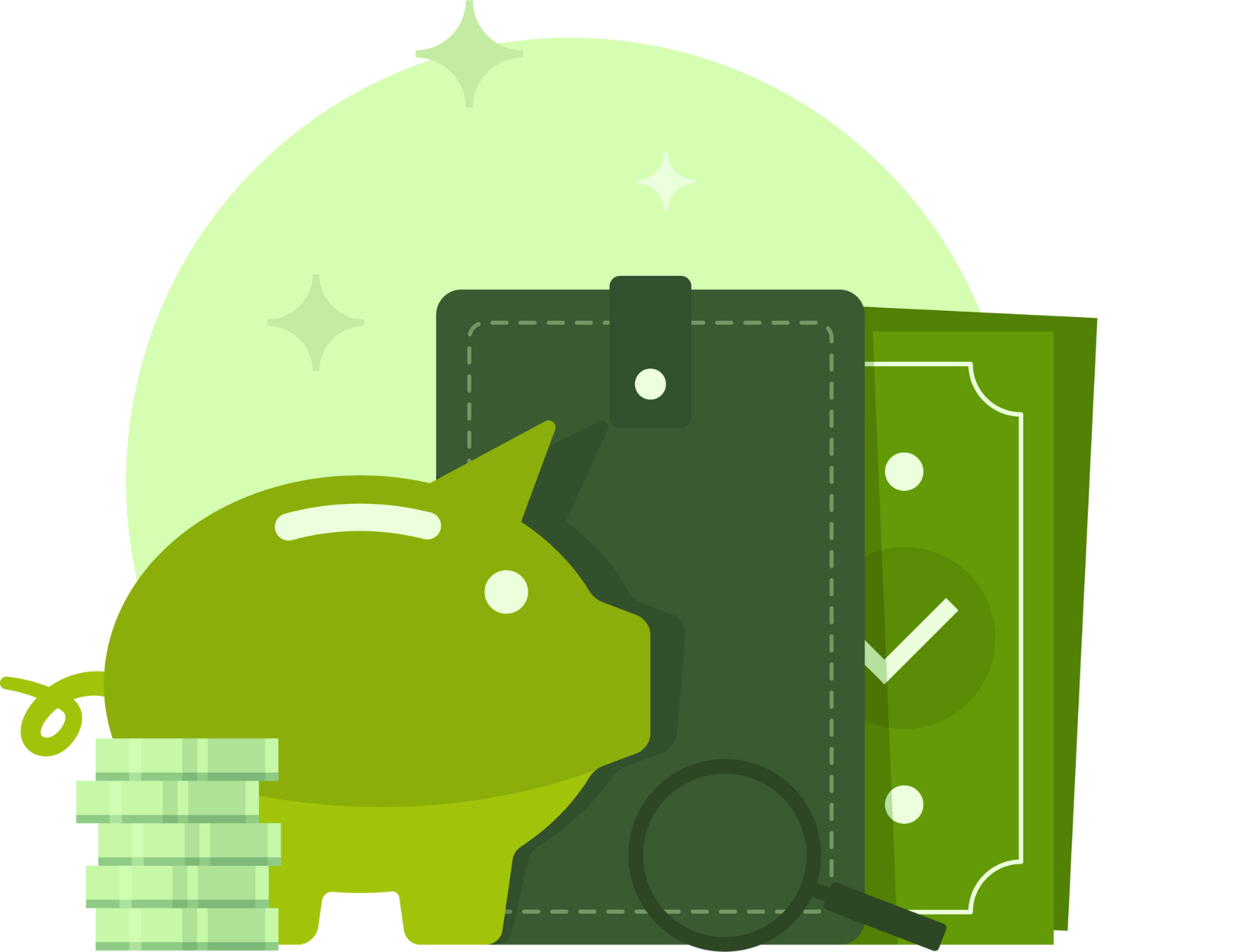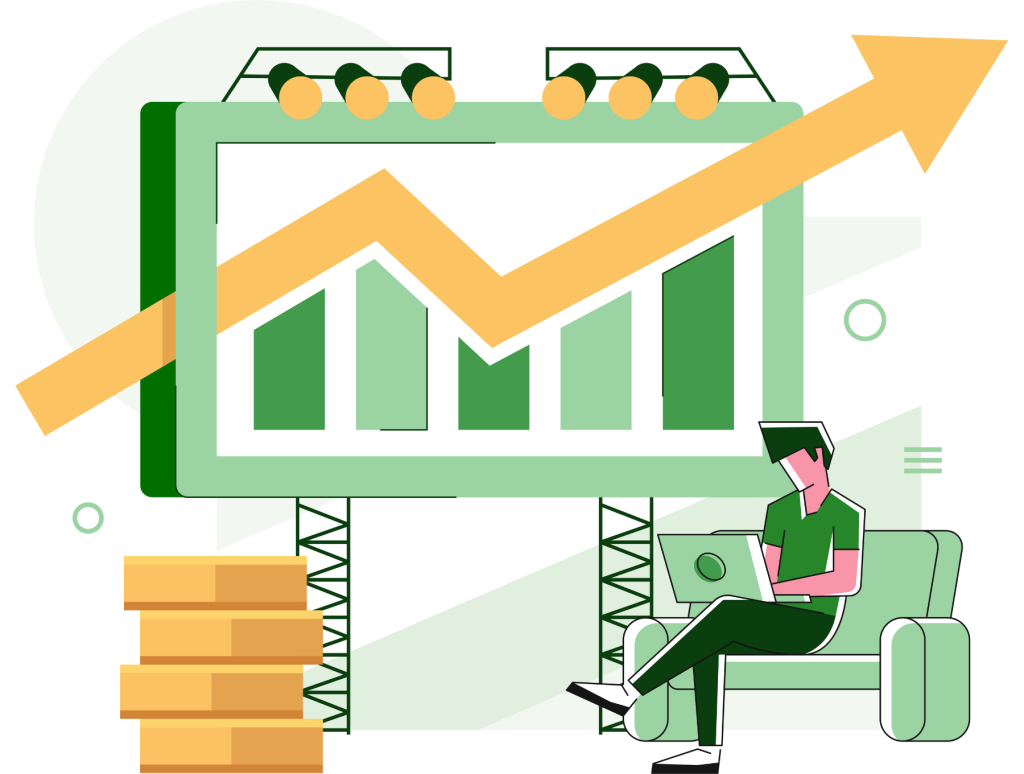
Managing money for future goals
Personal finance is about managing, saving, and investing money to achieve financial goals and security.
Personal finance is about managing your money to reach your goals and secure your future. By understanding how to earn, budget, save, spend, invest, and manage debt, you can make better financial decisions and build a stable financial future. With a little planning and smart choices, you can take control of your money and achieve your dreams. Let’s break it down into simple parts so you can understand how to manage your money better.
Earning Money
The first step in personal finance is earning money. This usually comes from working at a job or running a business. When you earn money, it’s important to know how much you make. This helps you plan how to use your money wisely. For example, if you earn $100 (€ or £) a week, you need to decide how to spend, save, and possibly invest that money.
Budgeting
Budgeting is creating a financial roadmap that guides how much you spend and save for various needs. To make a budget, you list all the money you get and all the things you spend it on, like food, rent, and entertainment. Then, you see if you have enough money for everything you need. A budget helps you keep track of your money and avoid spending too much.
Saving Money
Saving money means keeping some of your earnings for future use. Instead of spending everything you make, you set aside a portion of it for later. You might save for something big, like a new bike, or for emergencies, like a broken phone. A good way to save is by putting money into a savings account at the bank. The bank will keep your money safe and even pay you a little extra called interest.
Spending Wisely
Spending wisely means using your money in a smart way. It’s important to buy things you need, like food and clothes, and to avoid spending too much on things you don’t need. When you make decisions about what to buy, think about whether it’s something important or just something you want right now. Spending wisely helps you stay within your budget and save more money for the future.
Managing Debt
Debt is money you borrow and have to pay back later. Sometimes, people need to borrow money for big things, like buying a car or a house. When you borrow money, you need to make sure you can pay it back on time. There are different types of debt, like credit card debt and loans. Managing debt means keeping track of how much you owe and making regular payments to reduce it. Avoiding too much debt is important to keep your finances healthy.
Investing
Investing lets you put your money to work, aiming to grow it over time. When you invest, you put your money into things like stocks or bonds, which can grow in value over time. For example, if you buy a stock, you own a small part of a company. If the company does well, the stock’s value increases, and you make money. Investing can help you save for big goals, like buying a house or going to college, but it’s important to learn about the risks involved.
Planning for the Future
Planning for the future means thinking ahead about your financial goals. This can include saving for retirement, buying a home, or paying for your education. It’s important to start planning early so you can reach your goals. You can use tools like retirement accounts or savings plans to help you save and grow your money over time.


